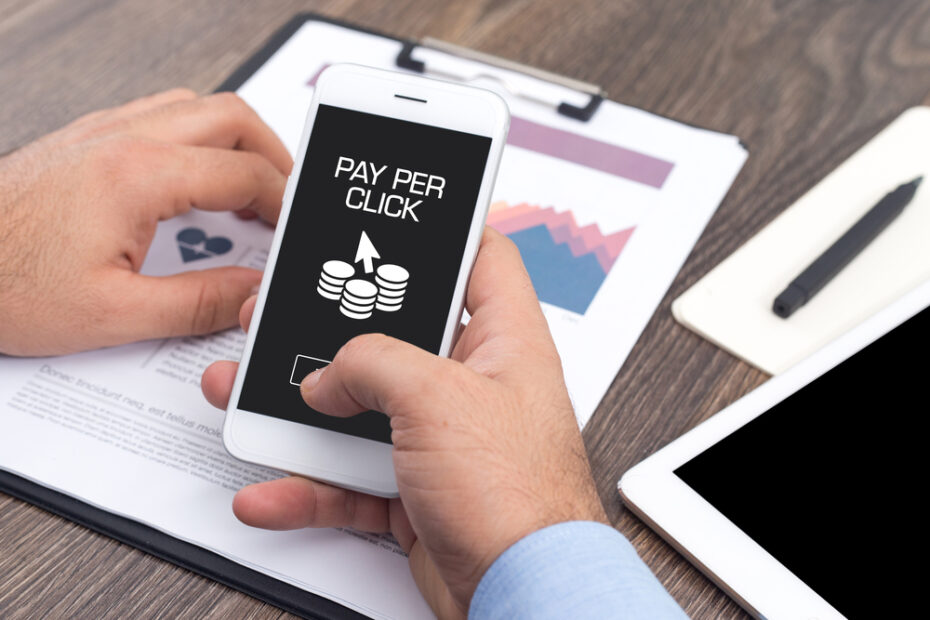In the pursuit of digital marketing, there are two paths to follow and most brands pursue both in equal measure: Free content marketing and paid advertising. Among the most popular paid digital advertising options is PPC or Pay Per Click. This method allows you to save on impressions, but requires a well-honed strategy to both generate clicks and see real success in online conversions.
What is PPC?
Pay-per-click (PPC) advertising is exactly what it sounds like. Most often seen in search engine marketing but quite common in other platforms, this marketing style allows you to bid on the appearance of your ad, but only pay the cost if a user actually clicks through the advertisement to your product or landing page.
PPC is a popular form of digital advertising, but it has both pros and cons.
PPC Advantages
- Save on Impressions: Normal impression-based digital marketing costs you for every person who views your ad, even if they don’t click. PPC doesn’t charge you for “misses” in which the viewer is not interested.
- Target Top Keywords: PPC usually works through keyword marketing, such as Google Adwords. You can bid on the terms most likely searched by people who will be interested in your product
- High Visibility: PPC is popular on the Google search engine and social media platforms where people spend the most time.
PPC Disadvantages
- Hot Keywords Are Costly: If you bid on the most competitive keywords in your industry, each click can cost quite a bit.
- High Skill Threshold: It requires advanced skill to properly target PPC advertising for conversions
- Easily Overwhelms: Set a budget limit, or successful clicks without conversions can eat into your marketing budget.
If you are considering PPC as part of your digital advertising strategy, your best results will come from working with an expert who is already skilled in honing PPC ad campaigns. Contact us today to discover what Empowered Pulse can do for you.

